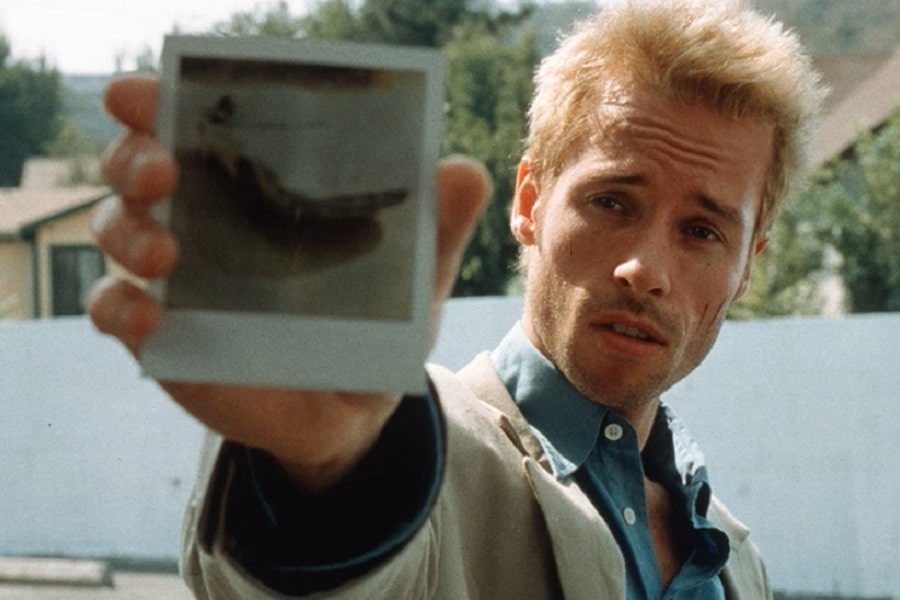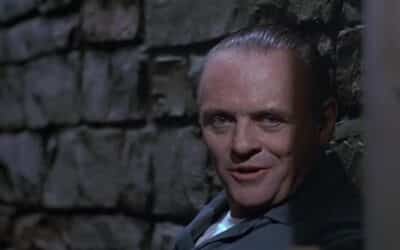
Mind Games
In the bustling bazaar of narrative forms, the psychological thriller stands like a cryptic, old-timey carnival – a place where the mind games not only lure in the seekers of truth but also craftily play with their perceptions, leaving them riveted to their spots, grappling with layers of complex emotions and truths that are far stranger than fiction.
At the heart of this mystical space, where the grey matter gets twisted and turned in unimaginable patterns, lies a treasure trove of intricacies that are worth delving into. The psychological thriller, as a genre, has been weaving its magic through a tantalizing blend of cinema and literature, leaving a legacy of mind games that have fascinated audiences and readers alike.
First, let’s saunter down the literary lane where giants like Agatha Christie and Gillian Flynn have been orchestrating this game of mental chess through their books. Christie’s “And Then There Were None” places individuals in a setting where trust is a scarce commodity, and one’s own judgment turns out to be the biggest adversary. Suspicion hangs heavy in the air as one by one, the characters are picked off, leaving the survivors in a whirlpool of dread and uncertainty. The reader, much like a silent player, wrestles with the perceptions and clues handed down, trying to outsmart the cunning mind of the author, who is always several steps ahead.
Gillian Flynn, the modern maven of mind games, weaves intricate plots that hold the psyche of her characters under a microscope, revealing the twisted and often dark corridors of the human mind. In “Gone Girl”, Flynn crafts a marriage that is nothing less than a battlefield, where the husband and wife engage in a high-stake game of manipulation and deceit. Each turn of the page is a step deeper into the labyrinthine minds of the protagonists, where the boundaries between the victim and the perpetrator blur, leaving readers on tenterhooks.
But these mind games are not confined to the pages of books; they sprawl luxuriously into the realms of television and cinema, where they assume vivid hues and forms. The psychological thriller in this medium is like a seasoned magician, whose sleight of hand leaves audiences entranced and at times, thoroughly befuddled.
Take a journey through the fog-laden streets of David Fincher’s “Se7en”, a film that pulls viewers into a grim, relentless world where a serial killer uses the seven deadly sins as a blueprint for his crimes. The investigator duo, immersed in the dark corners of a mind that concocts such heinous crimes, find themselves engulfed in a game where morality and sanity are constantly questioned. The chilling climax is a testament to the lengths to which the human mind can go when ensnared in the complex web of psychological warfare.
On a different note, Christopher Nolan’s “Memento” takes viewers on a puzzling journey through the fragmented mind of its protagonist. The non-linear narrative is a game in itself, compelling viewers to piece together a jigsaw puzzle with parts that don’t quite fit. The distorted reality and fleeting memories that govern the world of “Memento” create a labyrinthine maze that challenges the conventional modes of storytelling, providing a playground for the mind that craves mystery and intrigue.
In the golden era of television, series like “Mindhunter” and “Hannibal” have taken the art of mind games to a whole new level. “Mindhunter”, set in the nascent days of criminal profiling, portrays the convoluted journey of FBI agents as they delve deep into the minds of serial killers. The series showcases the toll that this dark journey takes on the investigators, who find themselves playing a perilous game where the boundaries between the hunter and the hunted become dangerously thin.
“Hannibal”, a gruesome yet poetic exploration of the complex relationship between an FBI profiler and a psychiatrist-cum-serial killer, turns the table on the traditional cat and mouse game. The series, drenched in dark aesthetics and psychological complexity, crafts a world where morality is fluid and the mind is a playground for the macabre and the beautiful. The mind games here are intense, with each character trying to outsmart the other in a high-stake game of intellect and cunning.
In these journeys through the realms of books and screen, one witnesses the sheer ingenuity and craft that go into creating worlds where the mind is both the battlefield and the prize. The psychological thriller, in its essence, serves as a mirror, reflecting the complexities and dark corners of the human psyche, leaving the readers and viewers with an experience that is both exhilarating and disturbing, forcing them to question the very nature of reality and the human mind.
As this carousel of mind games continues to spin, creating vortexes of mysteries that pull in the seekers of thrill and intrigue, one can’t help but marvel at the craft of authors and filmmakers who conjure these enigmatic worlds with a flick of their pen or a cut of their lens. The psychological thriller genre, much like a masterful puppeteer, continues to hold sway over the psyche of its audience, drawing them into a waltz that is as haunting as it is beautiful.
In this waltz, the boundaries between the mind and the external world blur, creating a surreal space where the known melds with the unknown, the real intertwines with the surreal, and the mind finds itself in a constant tussle with the heart. It is here, in this nebulous space, that the true magic of psychological thrillers unfolds, leaving a lasting imprint on the canvas of literature and cinema.
So, as the sun sets on this journey through the fascinating world of psychological thrillers, it beckons the question – what lies at the core of these mind games that continue to captivate the imagination and curiosity of readers and audiences alike?
Perhaps, it is the eternal allure of the unknown, the thrill of navigating the dark, twisty alleys of the mind, where secrets are buried deep and the lines between the hunter and the hunted are perpetually redrawn. Or maybe, it is the sheer joy of losing oneself in a world where the stakes are high and the game is always afoot.
Regardless, the psychological thriller genre stands as a testament to the complex, fascinating nature of the human mind, a playground where the most intricate, beguiling mind games unfold, promising a journey that is as unpredictable as it is enthralling.
More Psychological Thriller Features
Psychological Manipulation in Thrillers
Memory, Identity, and Madness
Psychological Crime Thrillers
The Twisted Trails of Psychological Crime Thrillers
Domestic Psychological Thrillers
What is the domestic psychological thriller genre?



